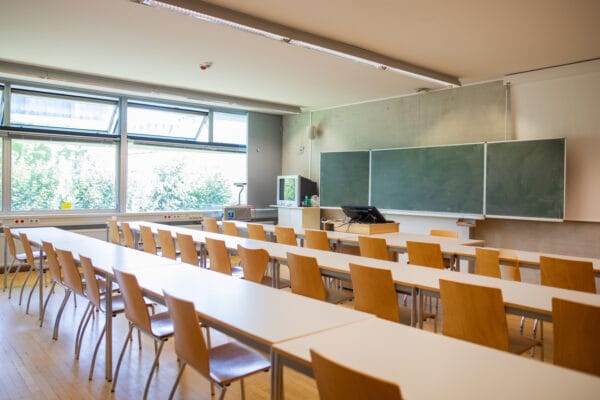
NAME:
SOWI - SR 12
BUILDING:
SOWI
FLOOR:
3
TYPE:
Seminar Room
CAPACITY:
36
ACCESS:
Only Participants
EQUIPMENT:
Beamer, PC, WLAN (Eduroam), Overhead, Blackboard, Handicapped Accessible, LAN
The aim of the paper is to explore SME business models and their impact on the territorial development of mountain areas in three Central Balkan municipalities in Bulgaria. On one hand, SMEs in this area face various challenges such as population loss, remoteness and lack of good transport infrastructure. A significant share of the informal economy, administrative burdens to obtain political support and a lack of resources (labour), as well as low culture of cooperation and a general mistrust, further hamper their development. On the other hand, the three neighboring municipalities of Troyan, Apriltsi and Ugarchin are all part of the Central Balkan mountain area, but the area experiences different territorial challenges and does not represent a homogeneous mountain territory. SME business models, which mainly operate in places that have been left behind (Pike et al. 2023), support a more exogenous territorial development (Ugarchin). Others that operate in tourist mountain areas (Apriltsi) support more endogenous development (Gkartzios & & Lewis, 2019). There are also those that operate in small rural towns, bridging the rural-urban nexus and thus leading to more balanced neo-exogenous or nexogenous effects (Troyn) (Bock, 2016). This study aims, first, to identify types of business models developed by SMEs operating in different sectors in the three mountainous areas of the Central Balkans and, second, to understand how these business models affect territorial development in these regions. Our overall conceptual aim is to link the literature on business models (Leeuwen, E.S. & Nijkamp, P. (2006)) with that on territorial development (Gkartzios & & Lewis, 2019) to understand how they affect each other. The analysis is based on primary qualitative and quantitative data as well as secondary data collected in the framework of the Horizon Europe RUSTIK project.

We and use cookies and other tracking technologies to improve your experience on our website. We may store and/or access information on a device and process personal data, such as your IP address and browsing data, for personalised advertising and content, advertising and content measurement, audience research and services development. Additionally, we may utilize precise geolocation data and identification through device scanning.
Please note that your consent will be valid across all our subdomains. You can change or withdraw your consent at any time by clicking the “Consent Preferences” button at the bottom of your screen. We respect your choices and are committed to providing you with a transparent and secure browsing experience.